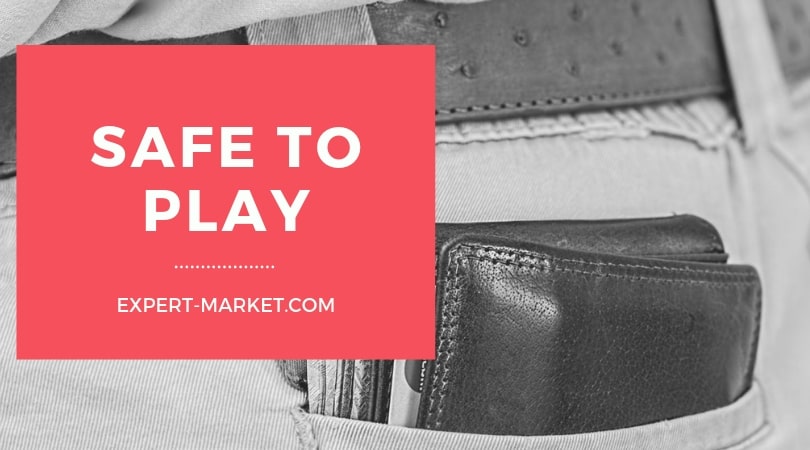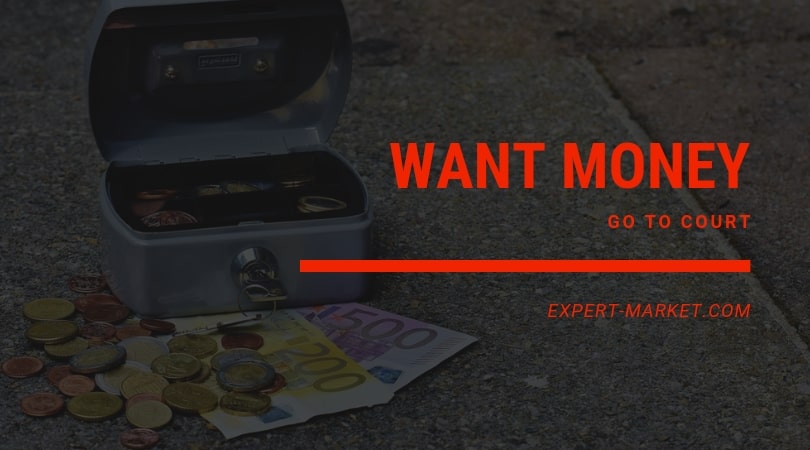Borrowing money to fund a business startup or expand an existing business is not a new phenomenon. Many entrepreneurs turn to financial institutions with the hope of securing funding.
However, when it comes to borrowing, there is a myriad of options available including borrowing from banks, credit unions, online lenders or even family and friends.
When borrowing from a bank, you have the option of taking out a business loan. These loans come in two forms: an unsecured and secured business loan.
This might be a new type of funding for you if you haven’t heard of it before. Each of the two types of loans has its own terms and requirements. They also have their own disadvantages and advantages.
While taking out a loan, it’s important for you to understand the differences between the two. You also have to figure out the type of loan which will best suit you. This guide will provide an in-depth look at what these loans are all about.
Secured Business Loans
This type of loan refers to any loan or credit extended to a borrower. In return, they’ll have to pay up and they’ll also have to secure the loan using collateral. Should the borrower fail to repay the loan, the lender will use the collateral to recover their money.
Some of the secured loans include bridging finance and property loans.
The Pros of Secured Business Loans
- Access to large amounts: A secure loan allows you to access larger loan amounts. Although this will depend on the value of the collateral you intend to put up against the loan.
- Longer repayment periods: Secure loans offer beyond 5 years repayment period, thus giving you ample time to organize your finances.
- Lower interest rates: Since the loan is secured, lenders might offer lower interest rates spread over a longer period allowing you to budget in advance.
- Good for borrowers with a poor credit history: If your credit history is poor, you’re likely to be in favor with the lender since they’ll be after the loan security should you default payment.
The Cons
- Secured against an asset(s): In the event that you fall behind payment or default in totality, the lender will move in to seize the property you used as collateral.
- Upfront fees: While applying for this loan, you have to keep in mind the extra costs including fees such as origination fees before funds can be accessible in your account.
- Slow to acquire: Obtaining this loan takes a long time because of the formalities involved, such as legal requirements and property valuations.
Unsecured Business Loans
In contrast as realistic loans reports, unsecured business loans don’t require the borrower to put up any loan security. If the lender wishes to recover their money in the event that the borrower fails to pay up, then they must move to court.
Some examples of these types of loans include unsecured business loans and crowdfunding.
The Pros of Unsecured Business Loans
- Access to smaller amounts: If you’re in need of a small amount, then this type of loan is the best option, especially if there’s no property to put up as collateral or maybe you simply don’t want the risks involved.
- Flexible repayment terms: Unsecured loans offer flexible repayment durations of up to 5 years. You’ll pay lower interest rates if you go for a longer repayment period.
- Quick to acquire: Since there are fewer processes involved in unsecured loans, you’ll get access to your funds in a shorter period.
- Good if you are in trading: Since the loan is unsecured, the lenders will analyze your business using different metrics such as credit history, cash reserves, balance sheets, and cash flow to assess whether you can repay the loan.
The Cons
- Are harder to acquire: If you don’t have good business credit among other factors used by lenders to determine creditworthiness, then you’ll miss out on funding.
- Good for small amounts: If you’re looking for huge loan amounts, you might want to consider other options because it will be next to impossible to access huge unsecured loan amounts.
The Differences Between Unsecured and Secured Business Loans
There are a number of glaring differences between the two types of loans. Here are some of them:
The Need for Collateral
Collateral refers to a particular asset used as security against a loan taken out from a lender. Usually, the value of this asset is greater than or equal to the loan.
The most common collaterals include property such as vehicles and land. In addition to the value, collateral has to be covered by insurance. This is to make sure that in case of any damage, the lender can seek payment from the insurance company.
Putting up collateral is risky because you risk losing your assets to the lender if you default payment. Sometimes the lender might sell off the entire asset for what it’s worth, or they could sell it at whatever price as long as they recoup their initial amount.
The Amount of Risk
Unsecured business loans often carry the highest risk to the lender since they have no collateral. What’s more, the lender will have to take legal action in order to get back their money. The costs involved during litigation can be quite expensive depending on the depth of the case.
On the other hand, the borrower faces the highest risk in secured loans since the lender can seize their assets in case of default. This means the lender has nothing to worry about if the debtor goes under with the money.
The Interest Rates
To cover the risks posed by unsecured loans, lenders will charge sky-high interest rates. This means more expenses for the borrower. In contrast, secured loans come with low interest rates since the loans are already secured with an asset.
The Credit Requirements
Lenders put more requirements and stringent criteria for borrowers who take out unsecured loans to deter jokers and defaulters. With a stellar record, you have a high chance of securing an unsecured business loan.
The Debt-to-Income Ratio
Debt-to-income ratio (DTI) is one of the factors lenders look at when issuing loans. This ratio shows how likely you are to make your payments on time. If you have a high DTI, chances are lenders will offer you an unsecured loan.
Loan Duration and Repayment Schedule
Unsecured business loans take shorter periods from application to funds disbursement. The repayment period is also shorter which may present financial constraints to the borrower, especially with high-interest rates.
Conclusion
At this point, you have a better understanding regarding the differences between the two loans. Take some time off to go through your business requirements in order to understand which type of loan will suit you best.
While at it, it’s crucial and in your best interest to go through your credit report before submitting an application. This knowledge will help you get the best deal from your lender. All the best!


































